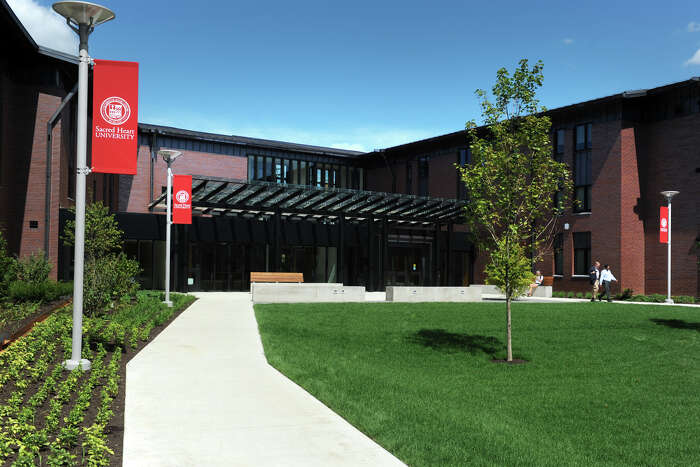Residents of Massachusetts who have been released from prison as a result of a wrongful conviction are putting pressure on state lawmakers to reform what they view as the state’s inadequate legislation addressing compensation for those who have been wrongfully incarcerated.
The proposals would make a number of changes, the most significant of which are the removal of a maximum of one million dollars placed by the state on compensation for people who have been unfairly incarcerated for considerable amounts of time and the provision of immediate support in the amount of $5,000 upon their release from prison.
In addition, the proposals would make it clear that state services can be offered in addition to monetary compensation, and that compensation can be paid for individuals who can prove their innocence, even if their convictions were annulled on other grounds. Both of these points are important clarifications that would be made by the bills.
Sean Ellis, a Boston man who is now 49 years old who was convicted of murdering a police officer in 1993 and served more than 20 years in jail for the crime before having his conviction overturned, is one of the individuals advocating for the revisions.
The Exoneree Network is an effort financed by the New England Innocence Project to address the practical, emotional, and spiritual reentry needs of exonerees. Ellis is currently the director of the Exoneree Network.
He stated, “These bills are so important because when I came home almost eight and a half years ago, I came home to nothing.” This is the reason why “these bills are so important.” “If it weren’t for the generosity of my family and friends, I would have been in a position where I had nothing.”
Dennis Maher, who was wrongfully convicted of a murder and sentenced to more than 19 years in jail before being cleared by DNA evidence, has been free for the past 20 years.
“There was nothing in 2003,” you said. There were no bills in the drawer. No assistance. “Nothing at all,” the Billerica resident who was 63 years old responded. “I had no choice but to go figure things out on my own; some of the things I did were things like going down the street and listening to automobiles. I hadn’t heard the sound of a car passing by in almost twenty years.
A vote on the measures needs to take place on the floor of the Massachusetts House and Senate, and activists are working to ensure that they receive a favourable report from the Judiciary Committee of the Legislature.










